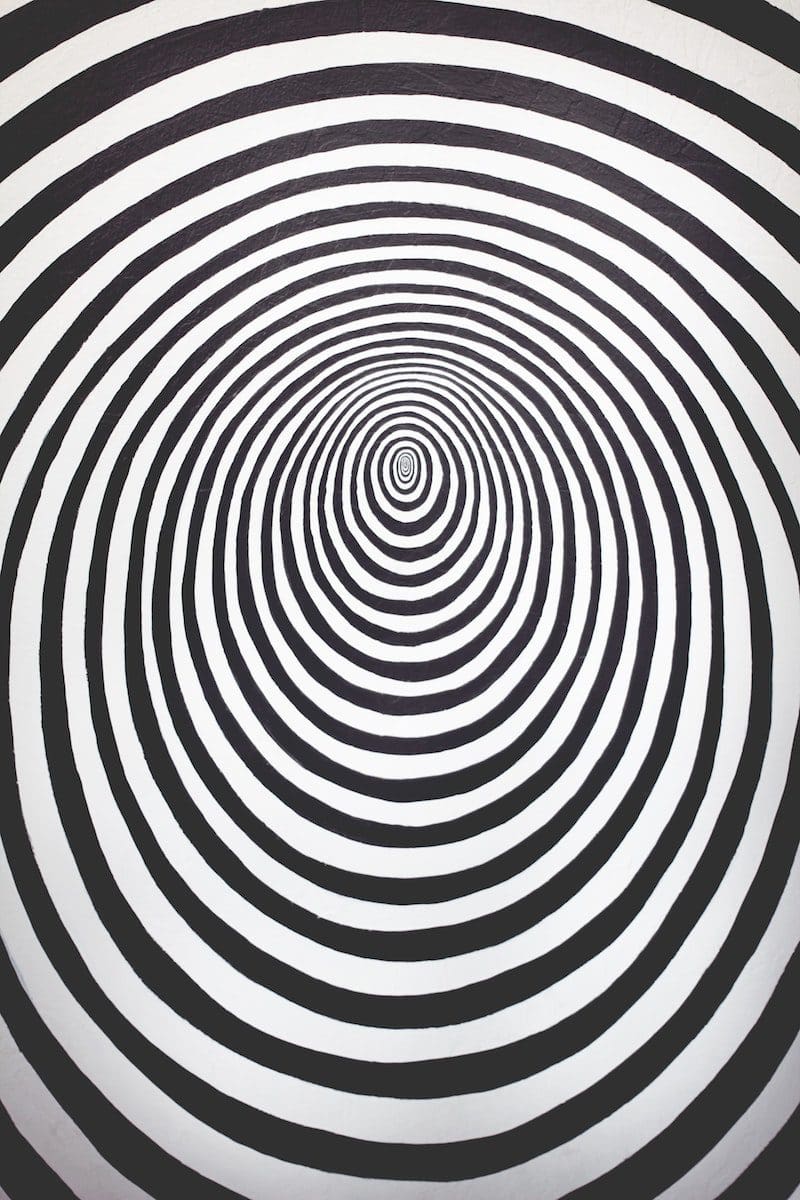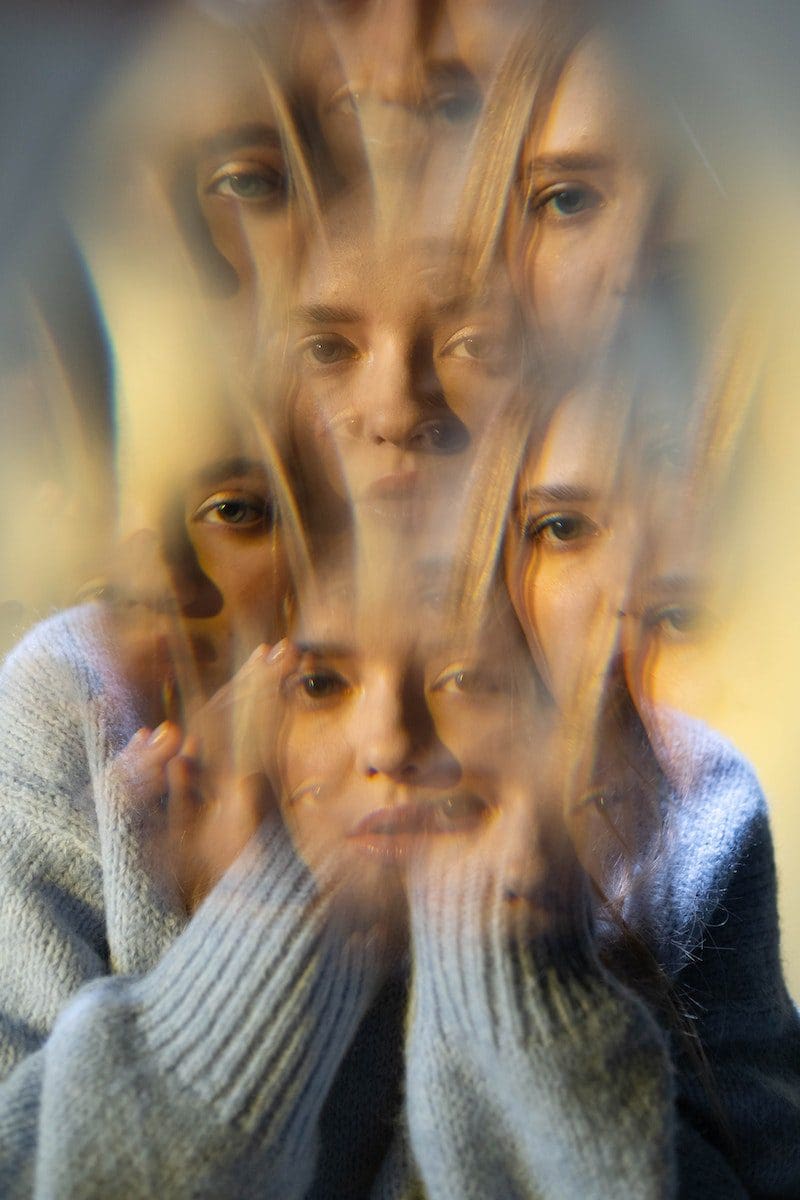Illusion and hallucination are taken as rare human body symptoms, however, they are so common due to misperceptions of senses or non-existing feelings and perceptions. Both the terms look alike but have a huge difference compared to their symptoms and treatment. Most patients cannot even differentiate between their symptoms and confuse both terms for their condition.
Key Takeaways
- Illusions are misinterpretations of real sensory input resulting from a distorted perception of actual stimuli.
- Hallucinations involve perceiving sensory experiences without any external stimuli, occurring entirely within the mind.
- Illusions are based on real-world stimuli, while hallucinations originate internally and have no basis in reality.

Illusion vs Hallucination
Illusion is an image created by the mind which is not correct. It does not occur due to some mental problem rather, it is considered as normal. Hallucination refers to the creation of scenarios that do not exist in real and may occur due to some mental health problem. It occurs due to external stimuli.
An illusion called a misleading image created by the eye, is a misperception or a thought that has no valid sense and is a result of the working of the sensory inputs and perceptions. For example, the trees may seem to be a standing human being in the night to some people, depicting the incorrect representation of reality by the natural stimulus.
Hallucination refers to sensing things that are unnatural and may not exist, and it can include different sounds, shapes, and thoughts with no real instinct or existence. One example could be hearing sounds in your mind and feeling ants rushing in your body or smelling a fragrance or odor that is not common to other people around the one who is having a hallucination.
Comparison Table
| Parameters of Comparison | Illusion | Hallucination |
|---|---|---|
| Perception | Illusion is the false perception of correct input stimuli. | Hallucination is the perception of non-existing stimuli or any input from the nervous system. It is a self-made perception. |
| Stimuli | A person who has illusions works on the external stimuli from the things present outside such as objects, light, etc. | A person with hallucination works with the internal stimuli as there is no existing thing that impacts their stimuli. |
| Nature | Illusion is treated as a normal condition which can happen to anyone due to wrong perception of the brain. | Hallucination is not treated as normal and depicts any external or internal mental health or bodily issues. |
| Impact | Illusion can have a positive and sometimes negative impact as well, otherwise, it is considered a creative thing for creating paintings and carving scientific research. | Hallucinations can impact a person negatively and end up in serious consequences if they increase with time and are left untreated. |
What is Illusion?
Illusion is a kind of perception that is misleading and projected from the correct input stimuli but pictures wrong information regarding anything present around or any thought that arises. It can be a result of inadequate illumination or improper sound present around or even the pattern of a human brain that perceives things differently.
For example, a person may see the water in the ocean as unlimited and going far beyond or the sun arising from the sea due to the incorrect angle of the person standing. In actuality, the brain and the sensory nerves of the one receiving the information are guilty and not processing the correct information based on the facts but rather on what they see.
Illusions can also be created due to the changing nature of sounds and lights and may not be treated as a disorder in cases such as the dopplers effect, where the sounds of approaching objects objectify and, upon distancing, become feeble and might seem different. Illusion contains visual, optical, and auditory senses incorrectly perceiving information due to frequency, amplitude, angle, and perception changes. A common type of illusion results from an improper perception of a human brain due to internal damage to the brain or any other undertaking issue that distorts the stimuli from correct functioning.

What is Hallucination?
Hallucination is termed as the experience of sensory nerves that are projected by the human being but have no actual existence and are only a game of mind. Hallucination is a pure creation of the mind in the form of a perception and a thought caused by underlying mental and health issues of any mental disorder from birth or causal due to any brain damage at later ages.
Hallucination can be treated with the use of certain medicines or treatments according to the patient’s need and demand for their brain and body. By treating other bodily illnesses, a person can get rid of hallucinations at any stage or get control over it. The effect of hallucination can be seen in the form of senses such as sound, smell, taste, and even sensations or thought processes.
Visual type of hallucinations is when a thing is non-existing but visible to the person perceiving the figure. For example, seeing a person who is non-existent or hearing sounds that are created by the mind and thoughts of a person with no physical value. Hallucinations due to the sense of smell may occur in people who have an epilepsy disorder with strange iron and metallic smell feelings.

Main Differences Between Illusion and Hallucination
- Illusion refers to the misperception of the real sensory input while a different perception of things happens, such as changes in size or shape of an object or seeing a different object instead, whereas hallucination is the false sensory perception about things that has no existence in real life.
- Illusion has a present stimulus and an input source from the nervous system, whereas hallucinations have no present input source and come from the thoughts in mind or due to any disorder or disease.
- Having an illusion can be a normal state of mind and is experienced by everyone in their lifetime whereas hallucination requires proper treatment and is referred to as a mental condition that needs to be attended to.
- An example of an illusion is perceiving a tree as a standing human being, while hallucination is perceiving a tree as a non-existent thing.
- Illusion is characterized as a normal trait that is present in every human being, while hallucination can be dangerous and not a common thing in every human being.

Last Updated : 13 February, 2024

Piyush Yadav has spent the past 25 years working as a physicist in the local community. He is a physicist passionate about making science more accessible to our readers. He holds a BSc in Natural Sciences and Post Graduate Diploma in Environmental Science. You can read more about him on his bio page.
